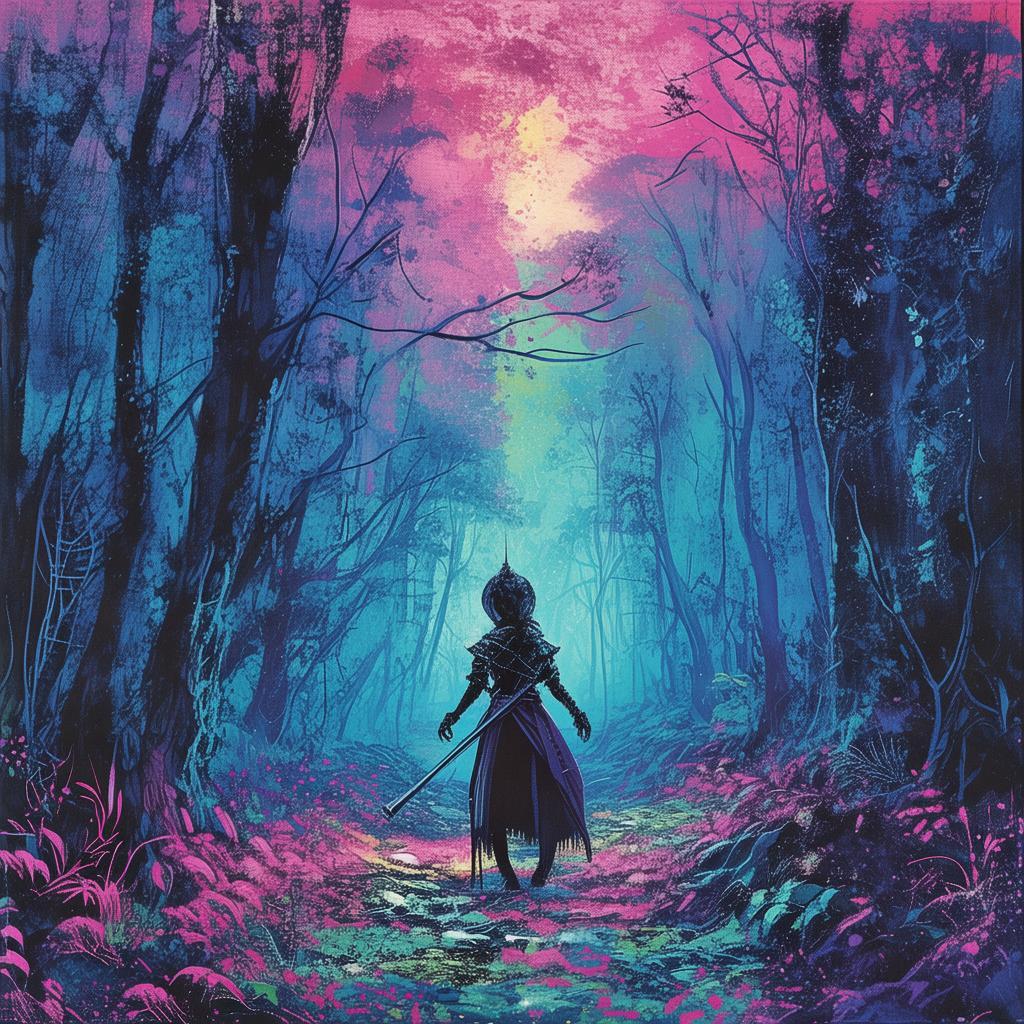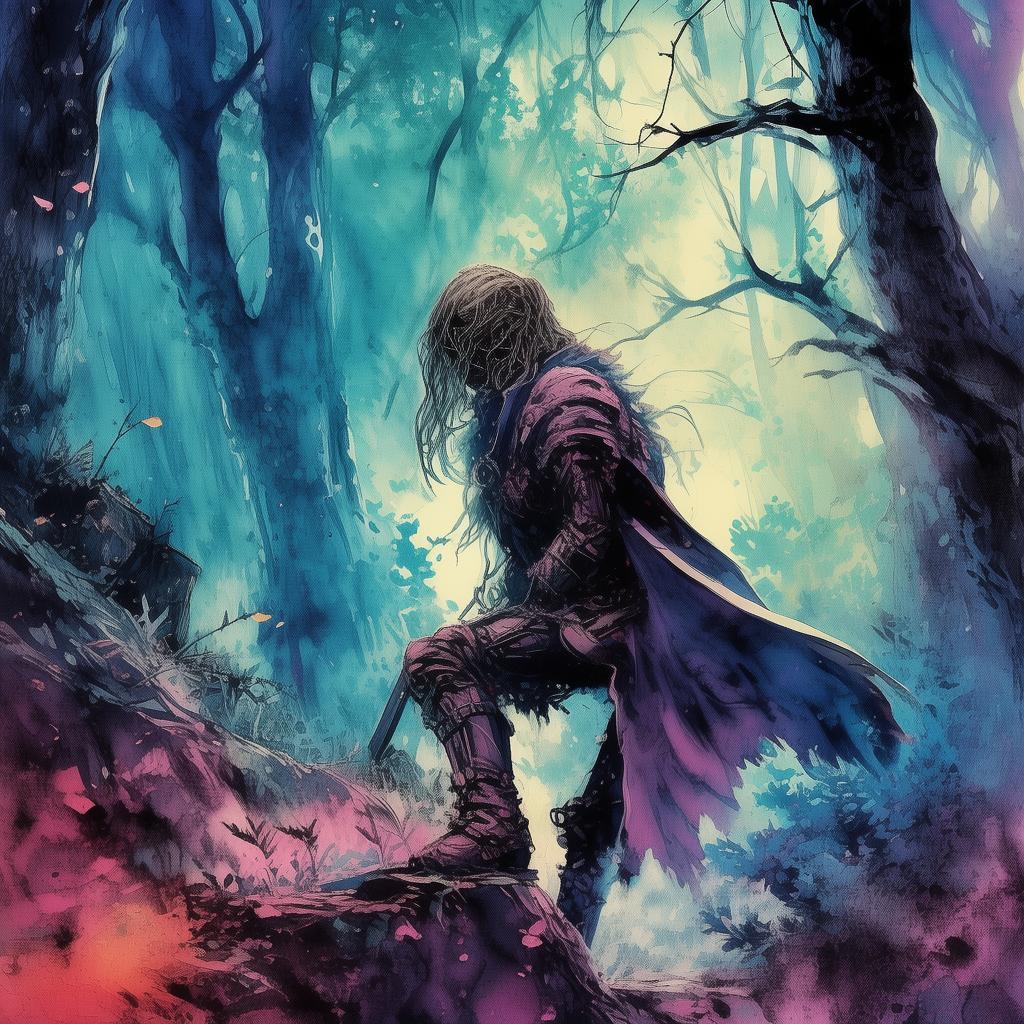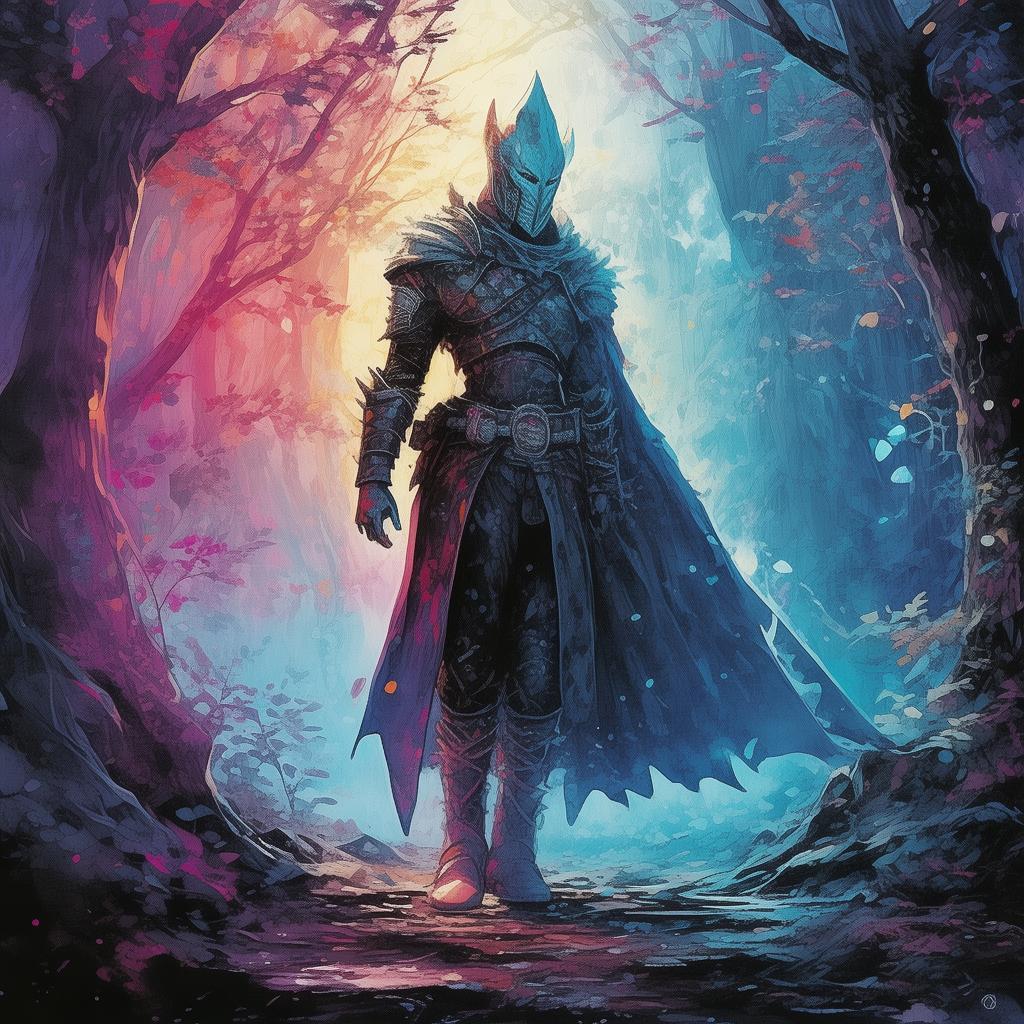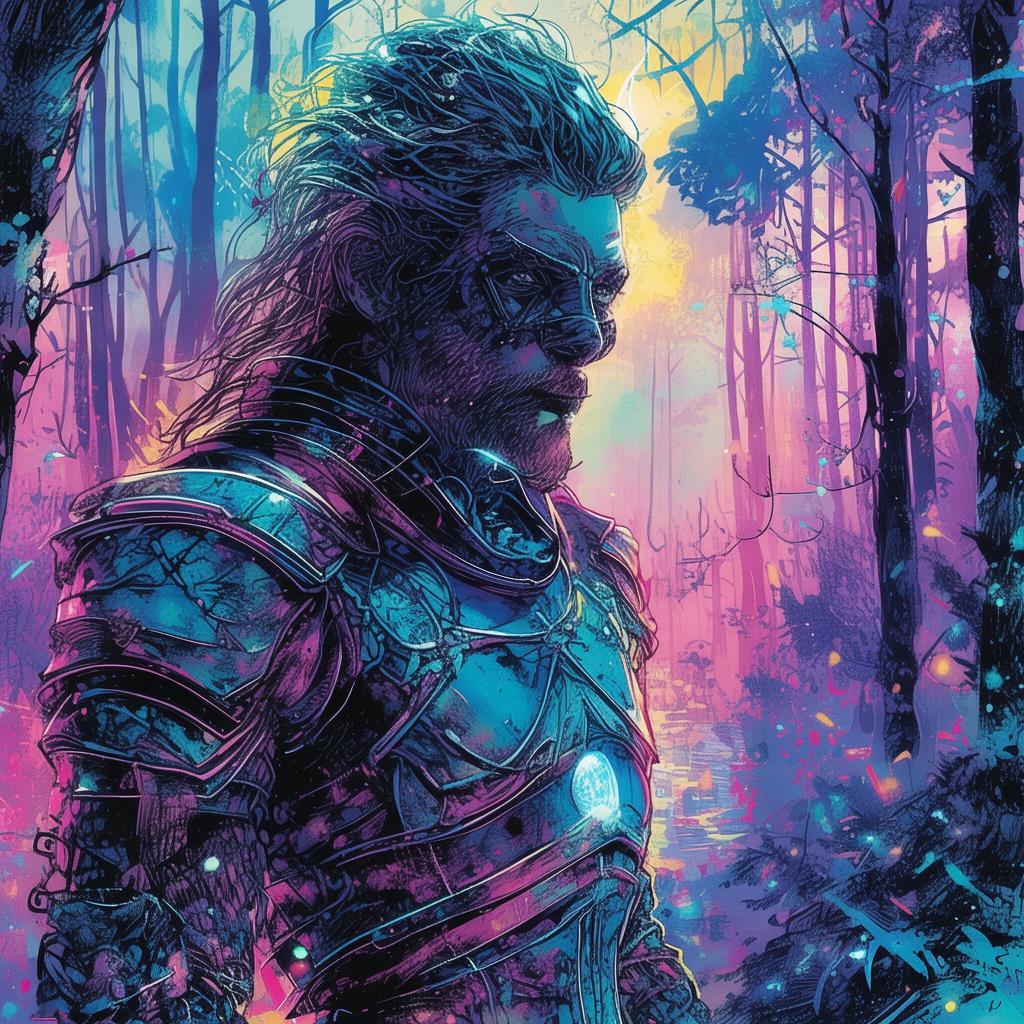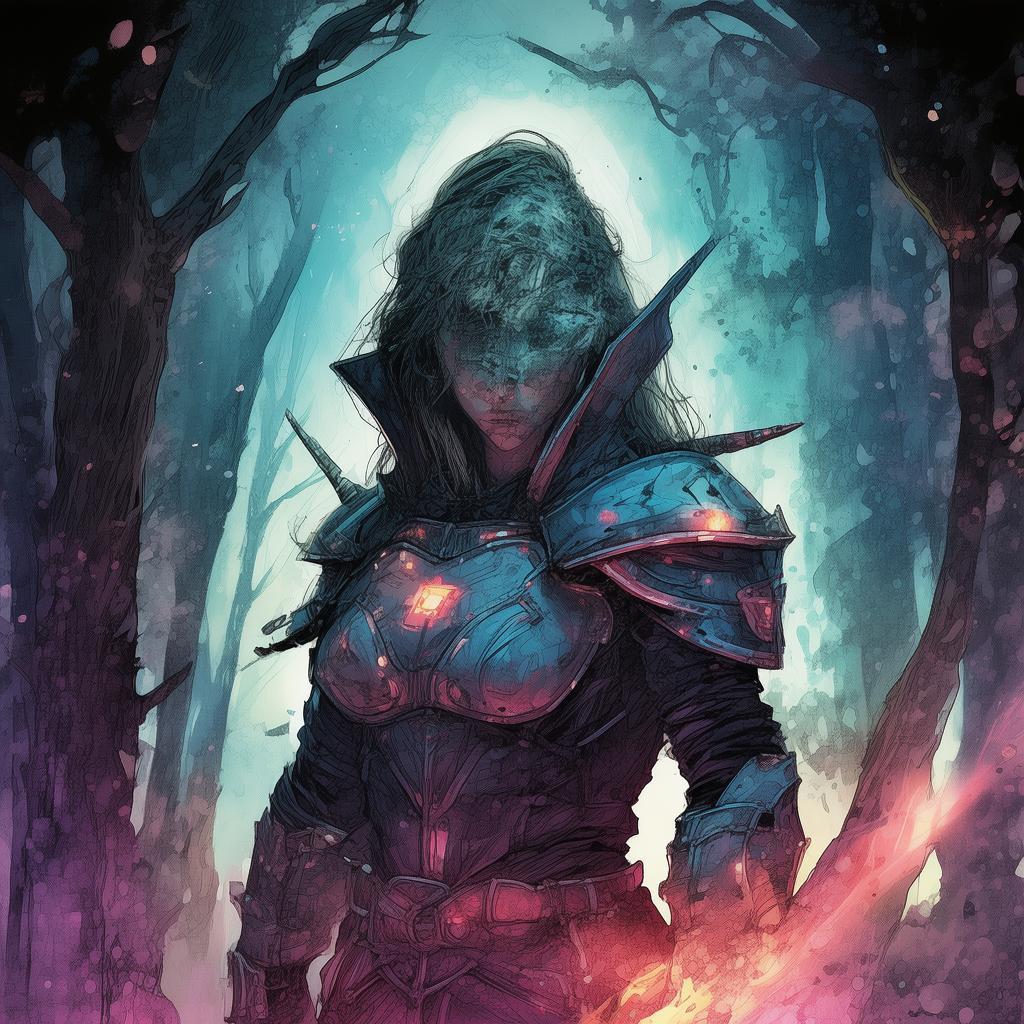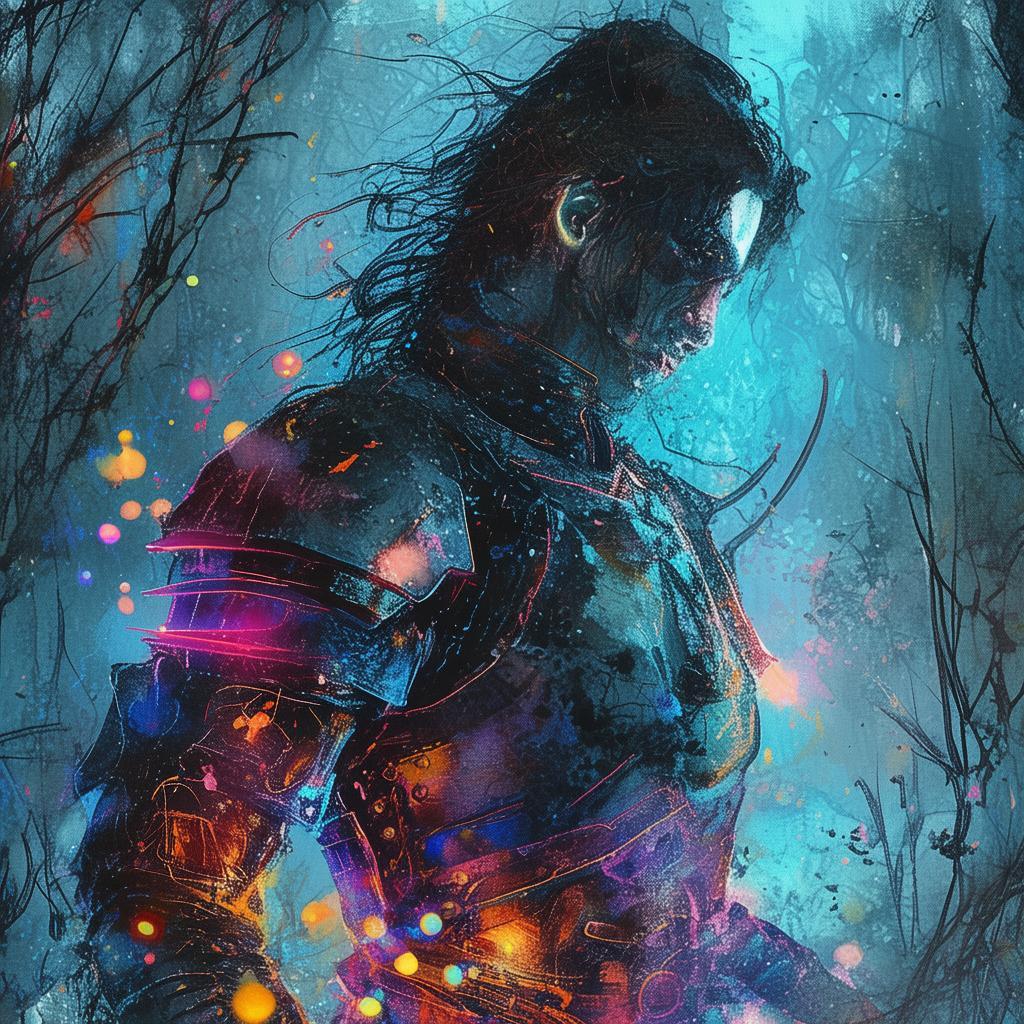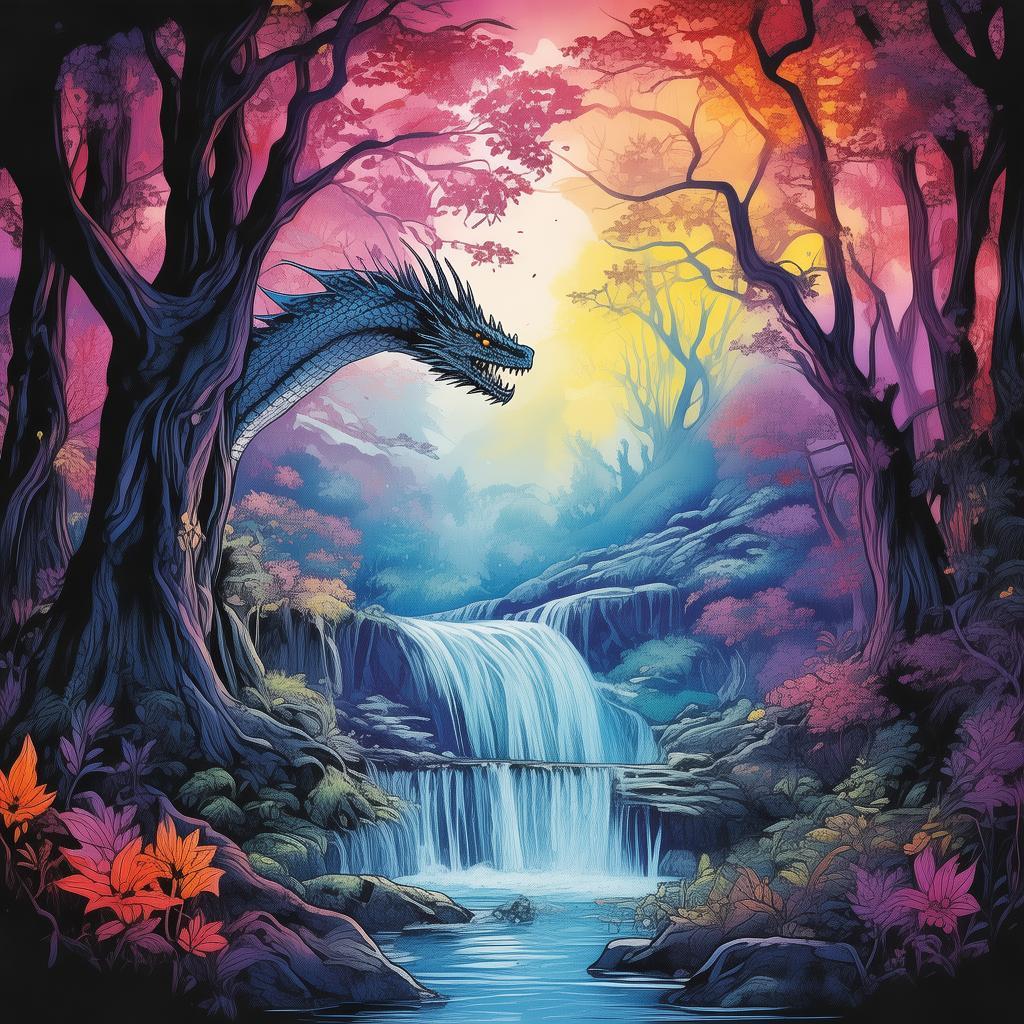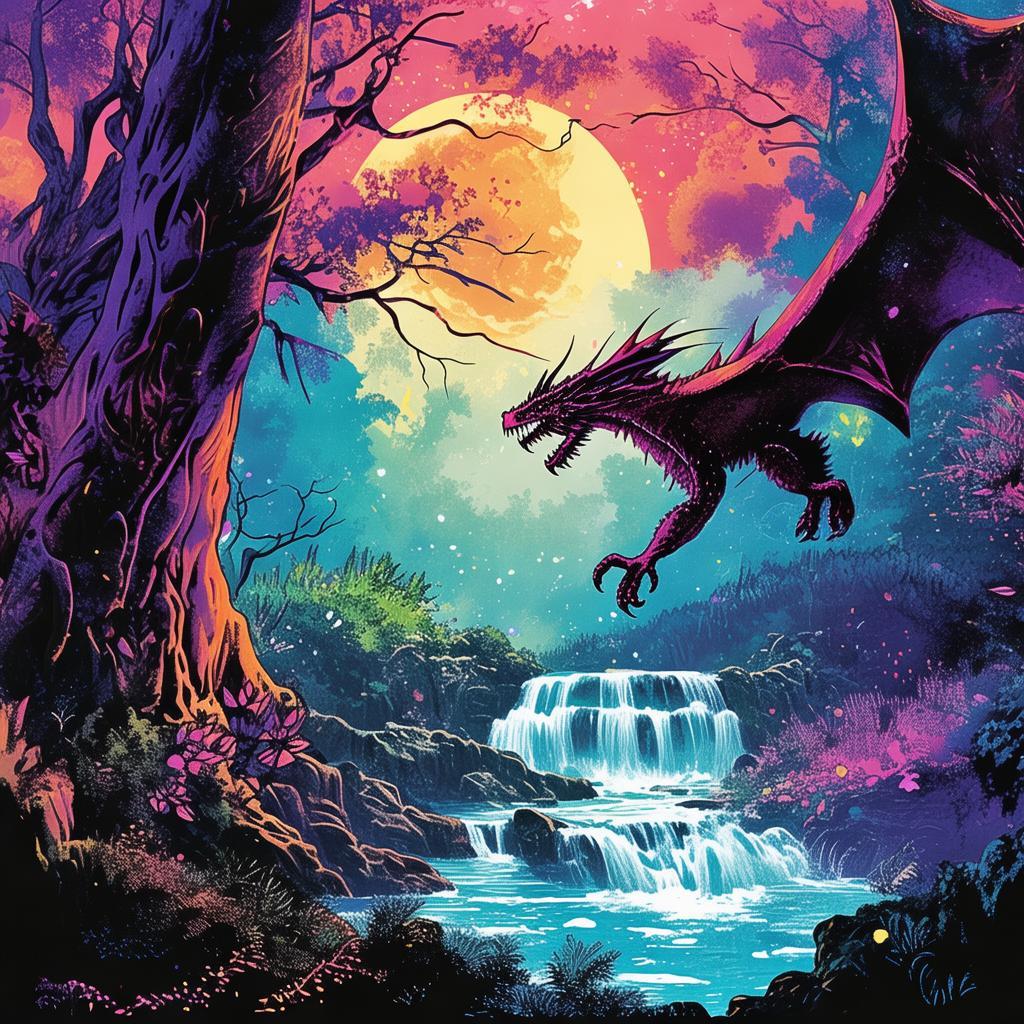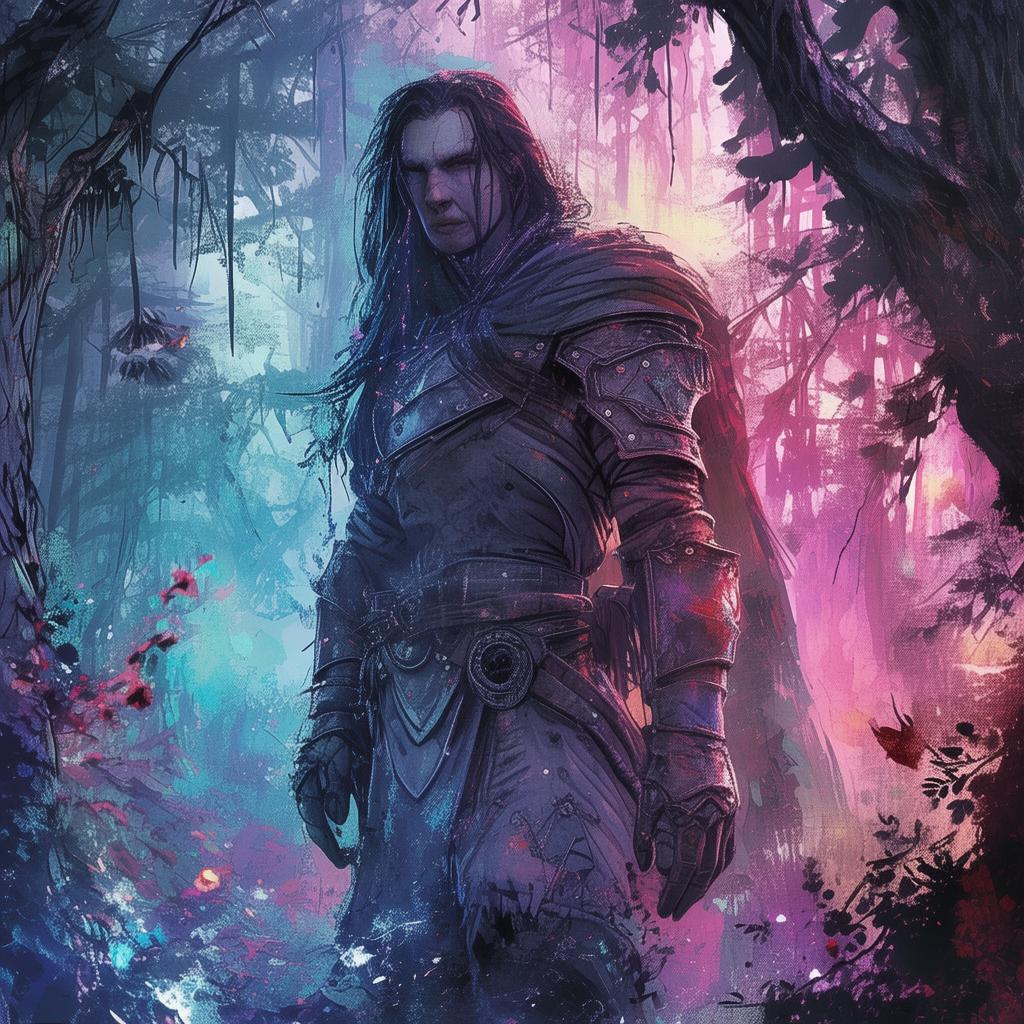The Whispering Tombs of Qingming: A Guardian's Dilemma
In the heart of the ancient Chinese city of Chang'an, where the echoes of history still resonate through the cobblestone streets, the Qingming Festival was in full bloom. The air was thick with the scent of incense and the sound of mournful songs, as families paid their respects to their ancestors. Yet, amidst the somber atmosphere, there was a whisper of something else—a tale of a guardian, bound by fate to uncover the secrets of the past.
The guardian, known only as Ming, was a figure cloaked in mystery. His face was obscured by a hood, and his eyes, though visible, seemed to carry the weight of a thousand lifetimes. He was a man of few words, but his actions spoke volumes. Ming had been chosen by the spirits of the Qingming Festival to protect the ancient tombs that lay hidden beneath the city. His duty was to ensure that the resting places of the ancestors remained undisturbed, and that the balance between the living and the dead was maintained.
The story began on the eve of the festival, when Ming received an enigmatic message. It was a scroll, torn and tattered, with cryptic symbols that seemed to dance in the moonlight. The message spoke of a tomb that had been forgotten for centuries, a tomb that held the key to a secret that could change the course of history. Ming knew that he had to act, for the balance was at risk.
He ventured into the city's depths, guided by the whispers of the wind and the flickering flames of the tombs. The path was treacherous, filled with traps and illusions designed to deter the unwary. Ming's journey was a test of his resolve, his strength, and his understanding of the ancient traditions.
As he delved deeper into the labyrinth of tombs, Ming encountered spirits of the ancestors, some kind, others vengeful. They spoke of the tomb's guardian, a being of immense power and wisdom, who had been bound to protect the secret it held. Ming realized that his quest was not just about uncovering a secret, but about facing the guardian himself.
The guardian of the tomb was a figure of legend, a being of both flesh and spirit, who had been bound to the tomb for centuries. It was said that the guardian had chosen its guardians, and Ming was the latest in a long line of protectors. The guardian tested Ming's worth, presenting him with riddles and trials that pushed the limits of his knowledge and courage.
In the heart of the tomb, Ming found himself face to face with the guardian. The guardian's eyes were like pools of ancient wisdom, and its voice was a haunting melody that echoed through the tomb. Ming was asked to choose between loyalty to his duty and the possibility of freeing the guardian from its eternal bondage.
The choice was a difficult one. Ming had been trained to protect the tombs, to honor the ancestors, and to maintain the balance between the living and the dead. But the guardian's plea was compelling, a siren call to freedom. Ming found himself torn between his duty and his desire for change.
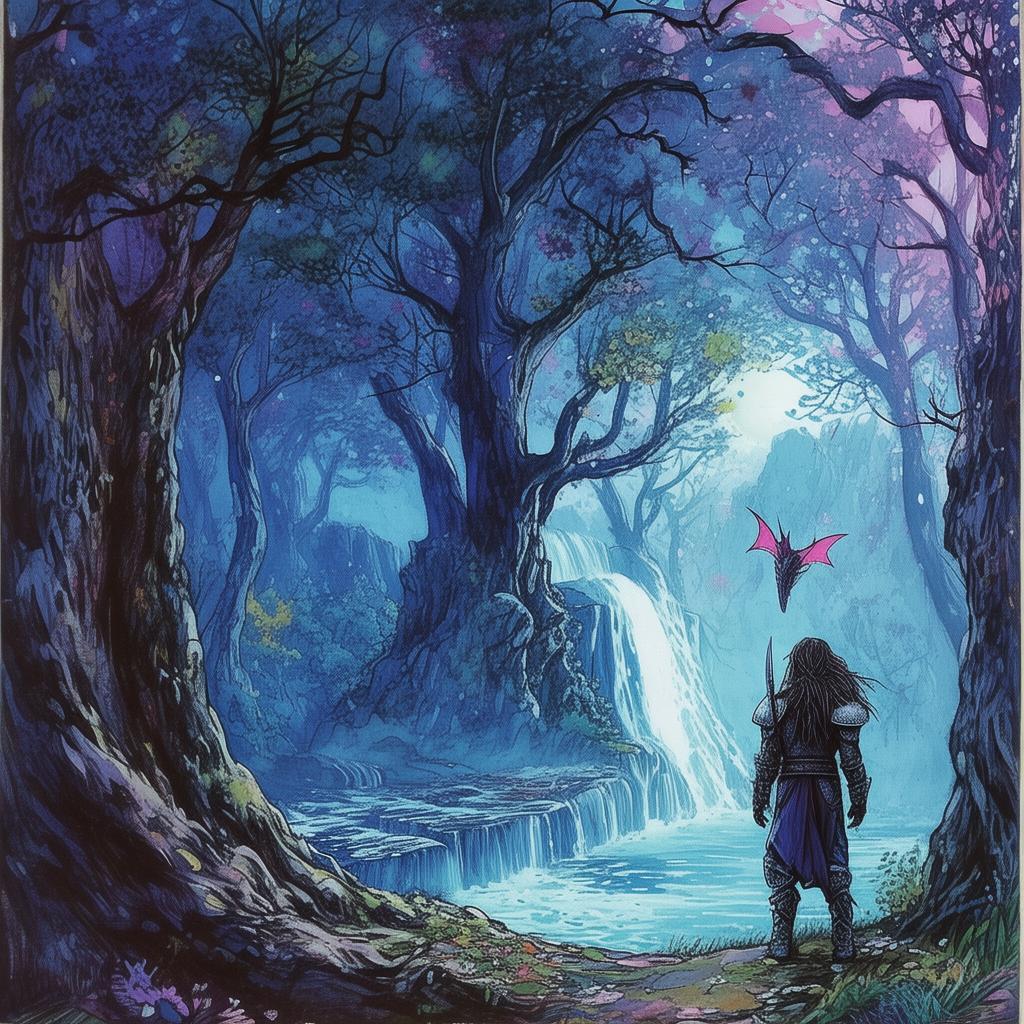
As Ming pondered his decision, the guardian revealed a truth that shocked him. The secret of the tomb was not merely a historical artifact, but a key to the fate of the world. The guardian had been bound to the tomb to prevent a great evil from rising again. If Ming chose to free the guardian, he would be releasing a force that could destroy everything he had worked to protect.
The climax of the story reached its peak as Ming made his decision. He chose to bind the guardian to the tomb once more, recognizing that the balance between the living and the dead was more important than the possibility of change. The guardian, grateful for Ming's loyalty, granted him a final boon—a gift of knowledge and wisdom that would serve him well in his future endeavors.
The ending left Ming standing at the threshold of the tomb, a guardian once again, but with a deeper understanding of the world and his place within it. The Qingming Festival had come and gone, but the whispers of the tombs continued to echo through the city, a testament to Ming's sacrifice and the enduring power of tradition.
In the days that followed, Ming returned to his duties, his heart heavy with the weight of his decision. He knew that the path he had chosen was the right one, but the memory of the guardian's plea lingered in his mind, a reminder of the delicate balance between loyalty and change.
The Whispering Tombs of Qingming: A Guardian's Dilemma was a story of duty, sacrifice, and the eternal struggle between tradition and progress. It was a tale that captivated the hearts of all who heard it, leaving them to ponder the choices they would make in the face of such a dilemma.
✨ Original Statement ✨
All articles published on this website (including but not limited to text, images, videos, and other content) are original or authorized for reposting and are protected by relevant laws. Without the explicit written permission of this website, no individual or organization may copy, modify, repost, or use the content for commercial purposes.
If you need to quote or cooperate, please contact this site for authorization. We reserve the right to pursue legal responsibility for any unauthorized use.
Hereby declared.
